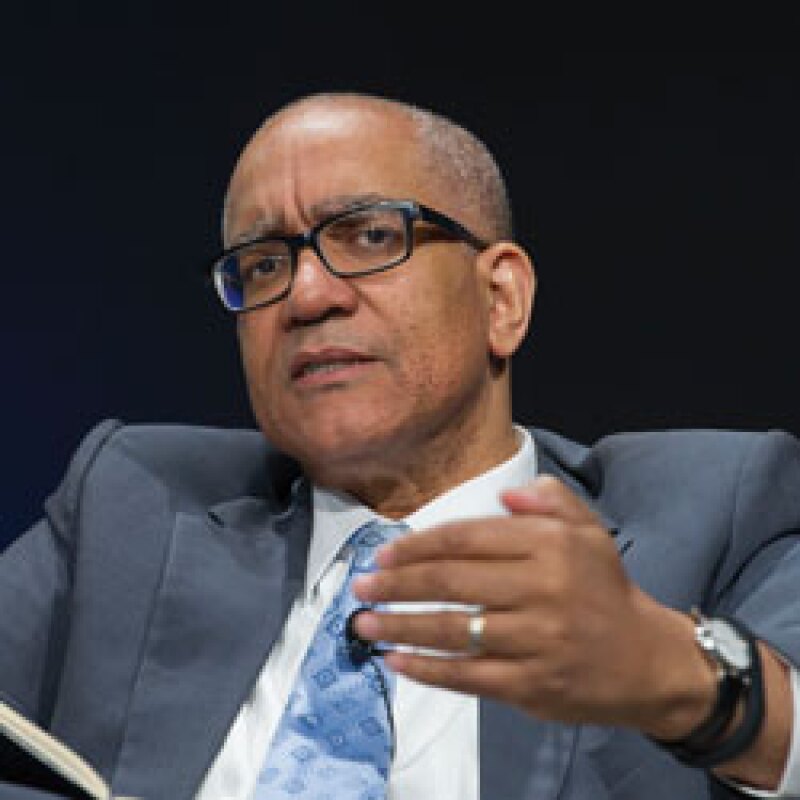
Economists describe Jamaica’s successful IMF programme as an example for much of the highly indebted Caribbean. So when the Labour Party won the general election in February this year on an anti-austerity ticket, there were understandable gasps of worry in the market.
But those who take a close interest in Jamaica were not so concerned: at the core of the IMF programme’s success was EPOC (Economic Programme Oversight Committee), which central bank governor Brian Wynter co-chairs.
Wynter is a softly-spoken voice of calm who — although he does not like to take much credit for it — is considered one of the principal figures in ensuring the consensus that has seen Jamaica pass the 13th review of an IMF programme for the first time ever.
“Wynter has survived a change of government and made unpopular but necessary decisions that are resulting in an important new story being written for Jamaica,” says Melissa Marchand, Caribbean strategy advisor at Global News Matters.
In terms of inflation, his recent record is exceptional — dipping from nearly 10% just two years ago to 1.8% in August, while managing a currency devaluation from JMD$85 per US dollar at the start of 2012 to JMD$127 to the dollar in September.
Although lower oil prices have helped inflation, analysts say that monetary policy credibility is just as important a factor.
It is inflation that Brian Wynter feels most proud of. The governor is keen to pass on the credit to a transformation of the government’s fiscal policy as he acknowledges the helping hand of oil prices. But he has known how to take advantage.
“This has allowed us to lower interest rates at the same time we’ve been seeking to settle inflation expectations,” he says. “Inflation is the part of the job I’m happiest about,” he says.
Wynter says that the bank has been “redesigning the tool box of the monetary transmission mechanism”, including adjusting the new provision framework, holding a weekly repo auction, and introducing an interest rate corridor.
Bank of Jamaica’s challenge has been to bring down inflation amid the exchange rate depreciation, but the worst could be over.
“At the beginning of the IMF programme, the currency was overvalued and there was high demand for FX,” he says. “But we have reversed that and feel that the exchange rate is more or less correctly aligned.
“The fundamentals don’t suggest a further exchange rate adjustment.”
The biggest issue facing Wynter now is dollarization, he believes. Dollar-denominated deposits have risen from just over 30% to 45%, which he describes as “a threat to monetary policy”.
“De-dollarization should occur as the perception of stability catches up with the macroeconomic stability that we have achieved,” he says.
